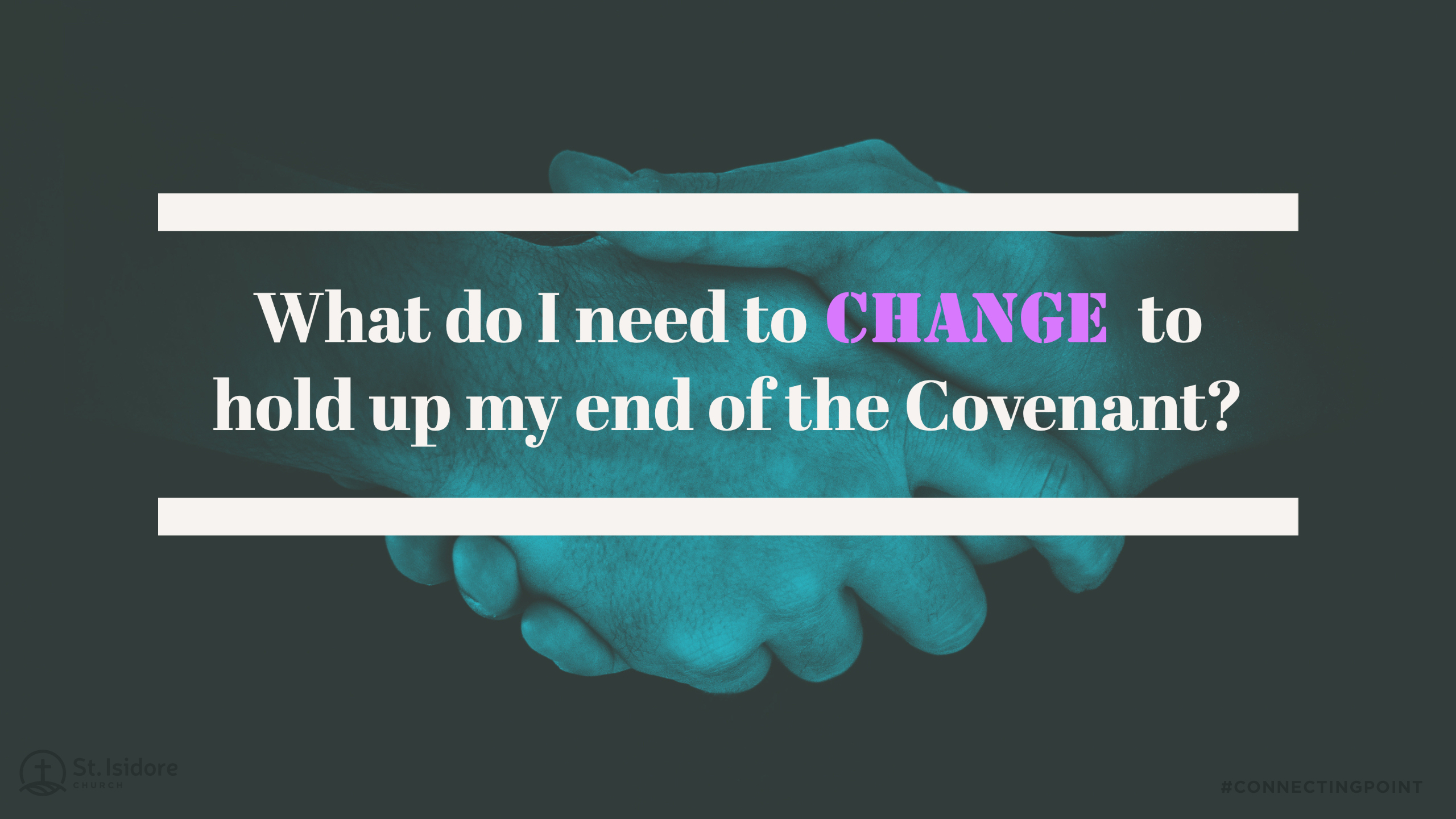Besides God and humans, wood and water are big players in our Biblical salvation narratives. Water and trees are most usually our friends. “Tree-hugging” people are correct when reminding us that without trees and other plants which convert carbon dioxide to oxygen, we’re in big trouble. However, “if a tree falls in the forest” and breaks us, or if a flood comes and wipes out our little realm (and perhaps us too), then trees and water are not so much our friends. The laws of physics in the world of nature which God has given us, particularly regarding wood and water, are indifferent, they don’t deliberately choose to help or hurt us. We use and work with wood and water for our purposes and to control them. Yet particularly water is quite often not in our control, like God, is especially not subject to our willful control (but is listening!). The nature of and physical need for water makes it “like God” for the life of our world. Trees need water, yet how much does water need trees? Water exists prior to trees. The creation stories in Genesis portray light (as in the sun) coming first, then water on earth. No sun and water, then no life on earth, ancient peoples and modern science agree. Before all these is God.
Wood and water are both literal and symbolic in the Bible. I think this lands us right into the readings of this 1st Lenten Sunday. In the Genesis story of Noah and the great flood, water is coming and the use of wood for a “lifeboat” is ordered, planned and built. Noah’s “Ark” symbolically continues its meaning/value in some most significant events: baby Moses is set in a tiny ark (a waterproof basket) to carry him from death’s danger down a river to the safety of being found and loved; The Ark of the Covenant, (made of acacia wood, resistant to decay), contained the stone tablets of the ten commandments as the material manifestation of God’s renewed Covenant through Moses to the people; Cedar wood was used to build the great Temple of Jerusalem under king Solomon; the baby Jesus, God’s ultimate New Covenant, is the ark of His Son’s true human nature, His flesh and blood in which lives the Divine Person, the Son, and he is placed in a manger, made of wood and a location for food; Joseph, guardian father to Jesus, is a carpenter; the adult Jesus of Nazareth is nailed to a wooden cross. Water, in our scriptures this weekend, causes mass destruction, then lifts those prepared on the ark, and then water again has a role in God’s covenant through the sign of the rainbow (water in the air reflected by the sun).
St. Peter’s letter sees in Christian baptism water as part of the visible sign of the spiritual reality that starts up eternal salvation, prefigured and foreshadowed in the Noah story. Baptism begins a death in us, a continuous life journey of dying to sin and rising to live for and in Christ Jesus. Our choice is to cooperate with God’s grace. Baptism’s purpose is an eternal saving, not a temporary reprieve from physical death. Immediately prior to the Gospel reading today, Jesus, not personally needing it, receives John’s baptism in the Jordan River, and then is driven by the Holy Spirit on 40 days of desert retreat. Here and now we begin our kind of 40 day retreat; Lent.
How are we doing with our side of the Covenant of Baptism we’re in with God and Jesus? “Covenant” is not merely another agreement or bargain or contract. God’s covenant with us is much more. It demands our whole person. It is a given that God always and forever upholds God’s end of the Covenant, because the Covenant is His. God can’t be unfaithful. In our control, water and wood can be used for the betterment of life, or can be left unused, or used for sin and/or death. God has used water and wood for the most wondrous means of reaching us with His salvation. St. Peter writes that our baptism is not for a removal of dirt from the body, “but an appeal to God for a clear conscience through the resurrection of Jesus Christ.” My conscience tells me of many marvelous events of God’s saving grace in my life. And, as conscience is pesky also, there are the changes I first admit are still needed, then with Jesus I will work on, to more completely hold up my end of The Covenant. How about you?


